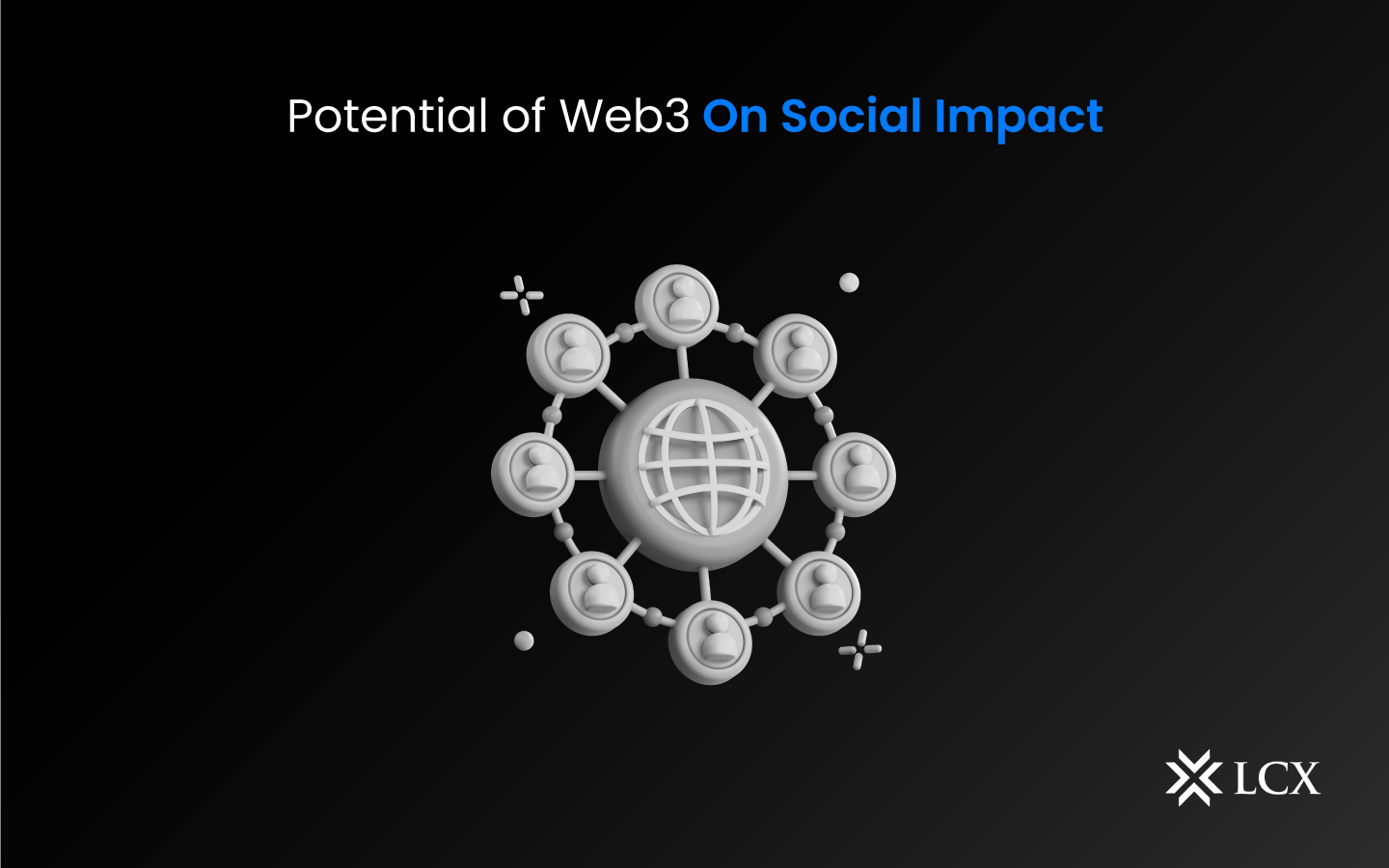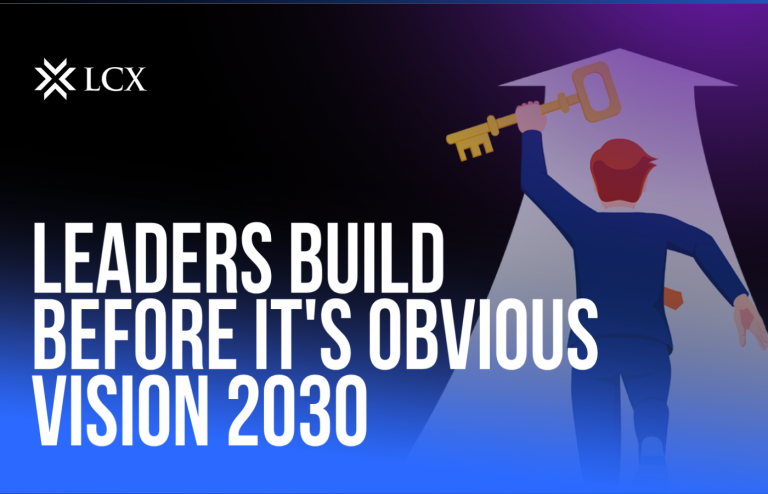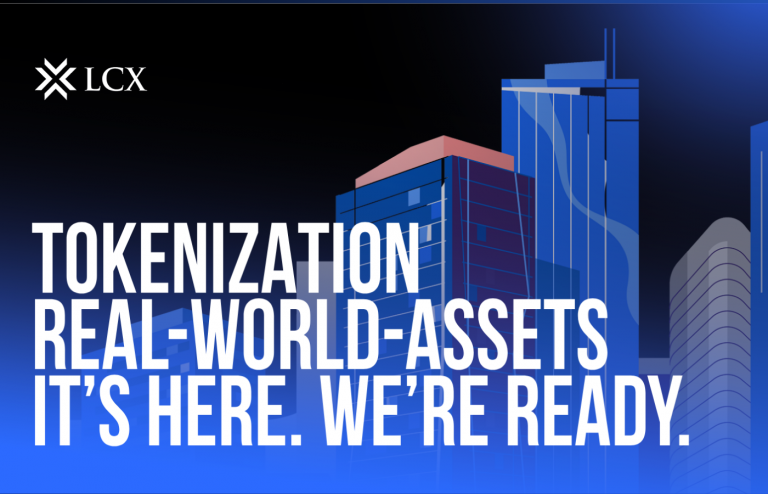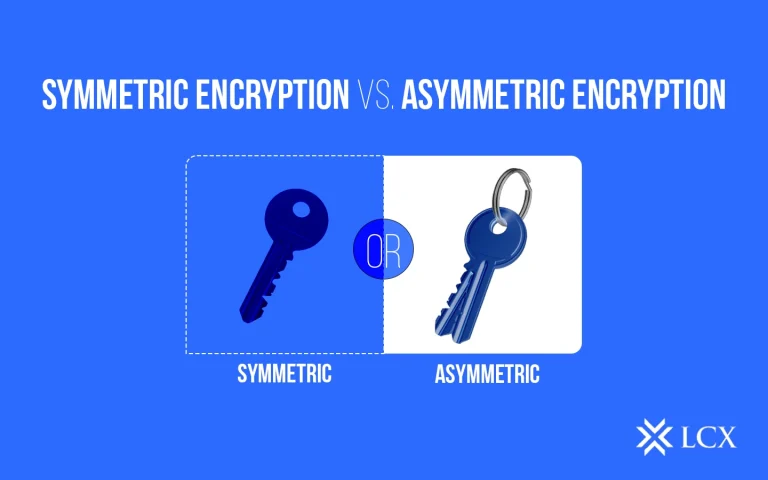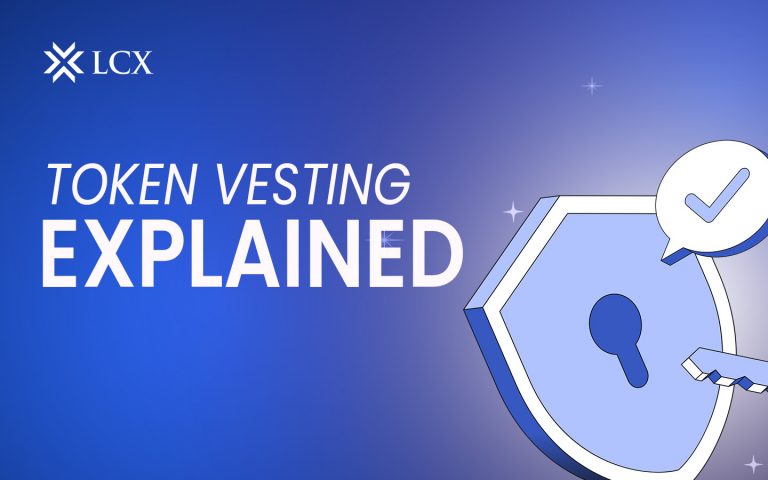Web3 is a decentralized, blockchain-based internet environment that is owned and operated by its users. Web3 proponents foresee an internet in which users can wrest control away from a limited number of extractive, centralized institutions and in which everyone with an internet connection may compete on an equal playing field.
With the advent of blockchain technology, users have more control and ownership over their data and digital assets. This new era has the potential to produce a decentralized, transparent, and equal experience with a substantial social impact and to promote sustainability by empowering individuals and communities to make positive changes.
The decentralized nature of Web3’s architecture is one of its defining characteristics. Web3 promotes direct and transparent connections between individuals, corporations, and organizations by eliminating the need for middlemen. This enables the development of new systems and applications that are more egalitarian, sustainable, and secure.
How Web3 Can Create Social Impact?
Empowerment through decentralization: Web3 has the potential to empower individuals and communities by giving them greater control over their data and resources. By using decentralized technologies, individuals can have more control over their personal information and can choose to share it on their own terms.
This could be particularly beneficial for individuals in marginalized communities who may have been historically excluded from traditional power structures. Additionally, decentralized technologies can provide greater transparency and accountability, making it easier to track how resources are being used and ensuring that they are being used for their intended purpose.
Environmental sustainability: Web3 can have a substantial effect on environmental sustainability. It can be utilized to develop decentralized platforms that can improve environmental sustainability by developing innovative solutions for climate change and the depletion of natural resources. Web3 can facilitate the development of decentralized energy markets that provide the efficient distribution of renewable energy sources, for instance. Web3 can also enable the tracking of sustainable supply chains, allowing for the identification and elimination of waste and inefficiencies.
Financial inclusion: Web3 can have a substantial impact on the financial realm. Web3 can promote financial inclusion and lessen the imbalance of power between banks and their clients by enabling consumers to have complete control over their financial assets. In addition, Web3 can promote the development of innovative financial products and services that fulfill the needs of underserved populations more effectively.
Why Web3 Companies Should Incorporate Social Impact?
As the world continues to shift towards a more decentralized and interconnected web, companies operating within the Web3 ecosystem have the opportunity to not only disrupt traditional business models but also make a positive social impact.
First and foremost, Web3 companies should care about social impact because it aligns with the values of the blockchain community. Blockchain technology was built on the principles of transparency, decentralization, and accountability. These values inherently promote social responsibility and a desire to make a positive impact on the world. As such, it is important for Web3 companies to consider the social impact of their products and services as they continue to shape the future of the internet.
In addition to aligning with the values of the blockchain community, social impact can also help Web3 companies from a business perspective. Consumers are becoming increasingly conscious of the impact their purchasing decisions have on society and the environment. By prioritizing social impact, Web3 companies can differentiate themselves from their competitors and build brand loyalty among socially conscious consumers.
In Conclusion
Web3 is still in its early stages, but it has the potential to transform the social impact landscape in the years to come. Web3 is the future of the internet, and by leveraging decentralized technology, smart contracts, blockchain, and cryptocurrencies, Web3 can enable new ways of collaboration, transparency, and accountability to create a positive social impact. Web3 can also help reduce corruption and fraud, and with Web3, social impact initiatives can operate without intermediaries, reducing transaction costs and increasing efficiency. Additionally, Web3 can promote environmental sustainability by reducing energy consumption and promoting sustainable behavior. As the Web3 ecosystem continues to evolve, undoubtedly new opportunities and solutions will emerge to address the social issues of our time.
